Day 4 - 25 October 2019
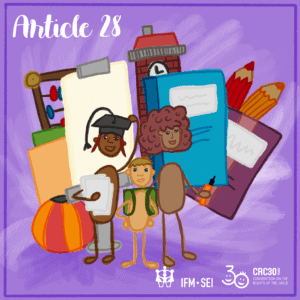
Article 28: Every child has the right to an education. Primary education should be free. Secondary and higher education should be available to every child. Children should be encouraged to go to school to the highest level possible. Discipline in schools should respect children’s rights and never use violence.
Education is vital for children and young people, not only to conquer life but also to learn to think critically and to be self-determined. Unluckily education is still inherited in our world, which gives some easier access to education than others.
As IFM-SEI, a socialist EDUCATIONAL umbrella organisation, it is important for us to fight for equal access to quality education -both formal and nonformal - and fair and inclusive educational systems.
Day 5 - 26 October 2019
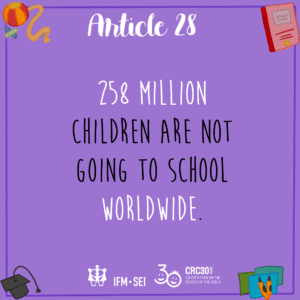 The situation of children going to school worldwide is slowly but continuously improving, but still, not everyone has the opportunity to learn.
The situation of children going to school worldwide is slowly but continuously improving, but still, not everyone has the opportunity to learn.
- - In 2018, 258 million children and young people worldwide were not in school, even though only two additional years of education would increase the chance of a child to overcome poverty significantly.
- - Female* pupils are 1.5 times more likely to be denied access to education than their male friends, even though every year they could stay longer in school reduces their risk to be forced to be married as a child under the age of 18.
- - Children from fragile, conflict-affected countries are at double the risk of dropping out of school as those in neighbouring states, even though each year of education reduces the risk of conflict by around 20%.
- - About 55% of children with disabilities living in countries with low- and lower-middle-income are out of school at the secondary level, even though education significantly increases independent living rates.
- - 102 million children and young people lack basic literacy skills, even though reading and writing are essential for participation in most labour markets.
- - By 2030 our education systems worldwide will miss 69 million teachers and educators, even though the attention from a caring and skilled individual is essential for a child educational career and personal development.
Do you want to learn more about the state of education worldwide? Check out the extensive data set of the Global Partnership for Education here!
Non-formal education is still not recognised world-wide, and no comprehensive and large scale research is accessible. Especially in Europe, the impact of NFE is still challenged, despite the millions of testimonials of participants from countless seminars, study sessions, training courses, youth exchanges, workshops and similar. Skills and knowledge acquired in the non-formal setting do not just increase the positive impact young people can have in the labour market but also make them active stakeholders for a better, more sustainable and equal world!
“Education plays a key role in human, social, and economic development. Education is considered to be a human right and plays a key role in human, social, and economic development. Education promotes gender equality, promotes peace, and increases a person’s chances of having more opportunities in life” Global Partnership for Education.
Do you want to learn more? Check out our other post for 30 Days of Children's Rigts!
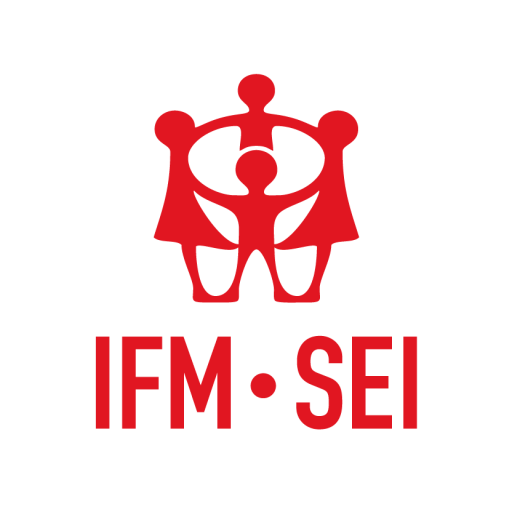
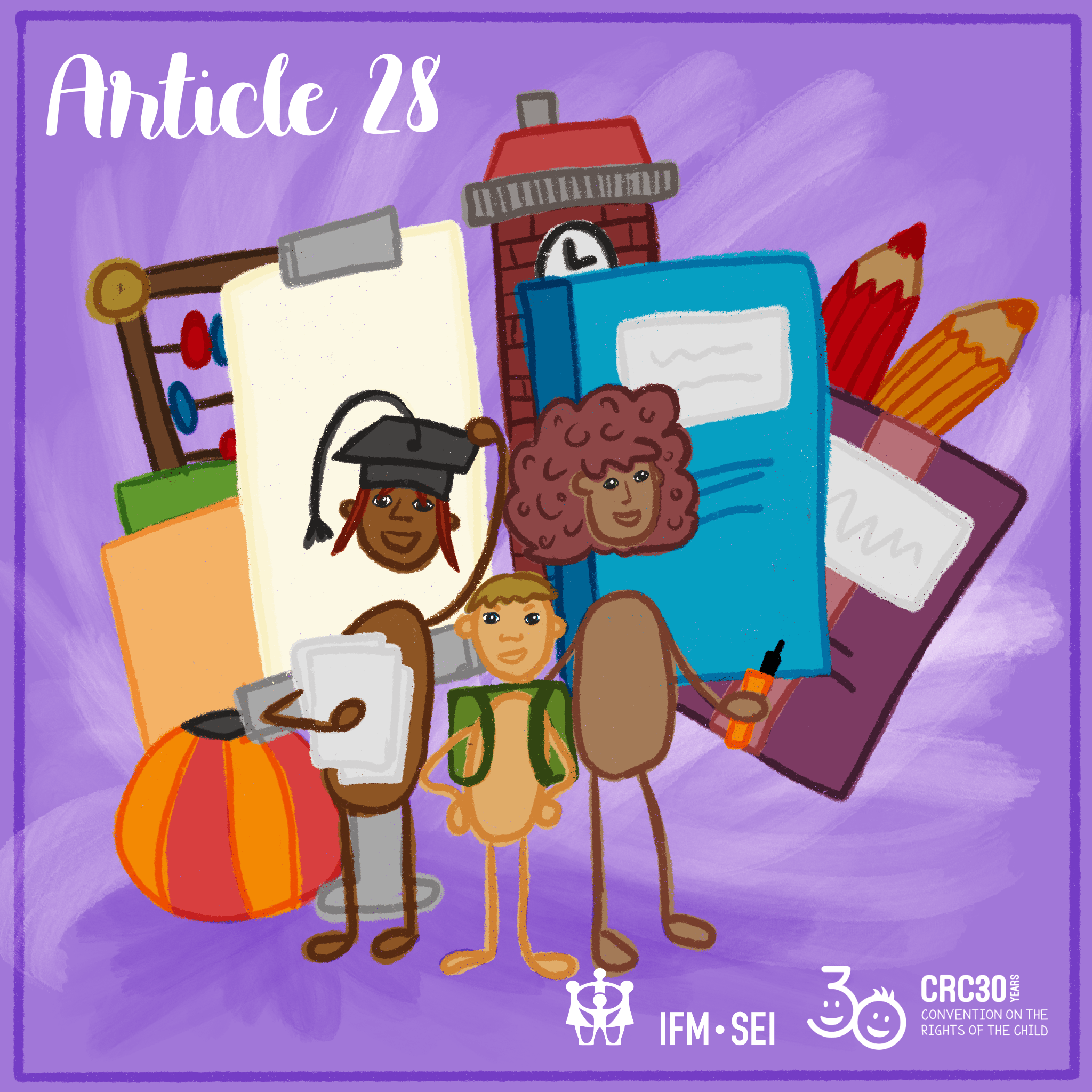
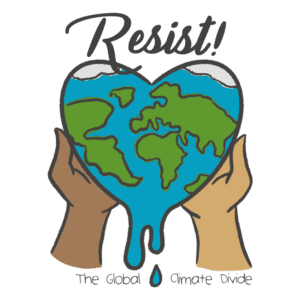
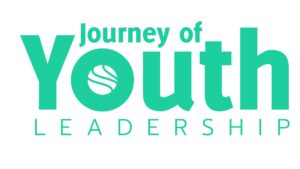

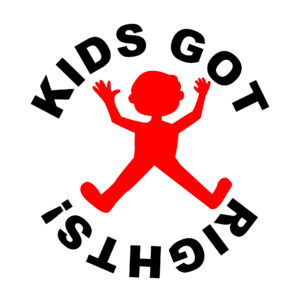

Comments are closed